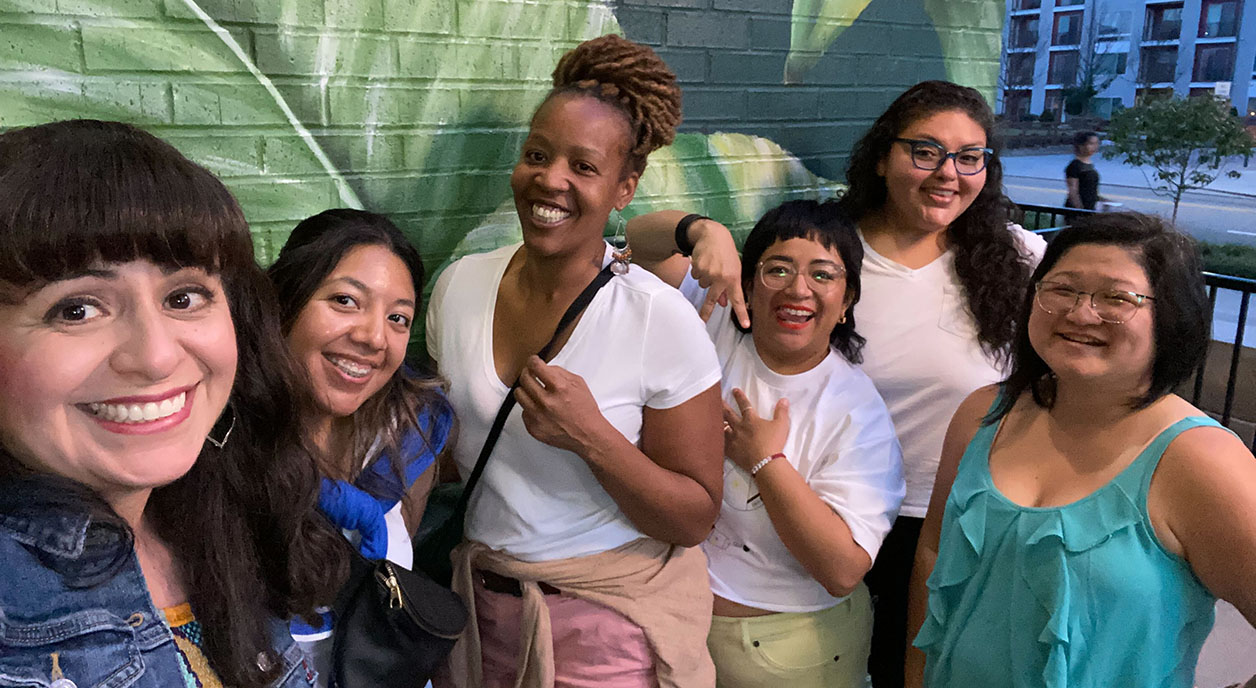Sharing knowledge across sectors

If we are wise, each of us believes that we have something to learn from other sectors. And if others are wise, they believe they have something to learn from us.
This is true not just for individuals but also for sectors of society. Other parts of society have a lot to learn from philanthropy and the nonprofit sectors. And we have a lot to learn from them.
Which is why I’m delighted to announce the publication of three reports by Candid that seek to bring lessons from other fields into the nonprofit and philanthropic community.
These reports offer three unique vantage points: health care, financial services, and complexity science. All are, in one way or another, “adjacent” to our work in the social sector. In every case, there is much for us to learn, even as we affirm what makes the social sector unique.
The reports
The first paper brings performance management lessons from the world of health care. Health care organizations aim to serve their communities but do so within ambiguous circumstances and an often-dysfunctional marketplace. Sound familiar?
Health care expert Ben Harder wrote this paper as an independent fellow. In his day job, he works as managing editor and chief of health analysis for U.S. News and World Report.
The second paper offers lessons from financial services information systems. The author, Sunand Menon, doesn’t advocate that nonprofits adopt the money-above-all attitude often present in financial services. Instead, he explores how financial markets have built mechanisms to drive transparency. His report looks at indices, classification systems, and mutual fund ratings. In each case, he worked to derive lessons that might be relevant—with translation—to the flow of money for social good.
Sunand was the founder and managing director of Thomson Reuters Indices and global head of business development at Lipper. He also generously shares his expertise and time as a member of Candid’s board.
I wrote (for better or worse!) the third paper with lessons from complexity science. I have long thought that we in the social sector could learn a lot from the structure and behavior of living ecosystems. Luckily for us, there is an entire discipline that generalizes some of those lessons.
We know of the countless examples of nonprofits and foundations that achieve extraordinary impact on the challenges of our time. But can we as a field be greater than the sum of our parts? We experience inefficient fundraising, infrequent collaboration, uneven learning, and struggles to define our impact. I believe that looking at philanthropy as a system will help us solve these problems.
I am a no expert when it comes to complex systems science. But I’ve had the privilege to speak with many of the leaders of the field and to study the subject at the Chinese Academy of Sciences in partnership with the Santa Fe Institute. So, with luck, this paper may offer some insights for the field.
Final thoughts
This conversation should not be one way. If philanthropy has much to learn, it also has much to teach. Our friends in other sectors can learn as much from nonprofits as nonprofits can learn from them. This project—an exploration of the shared affinities and surprising resonances between philanthropy and other disciplines—can be thought of as the opening statement in a mutually beneficial conversation.
In the comments, we hope you will share lessons you think the rest of the world can learn from nonprofits and philanthropy. And please suggest other disciplines that might offer insight to the social sector.
Finally, special thanks go to Elbert Ventura, who served as series editor of these papers.






